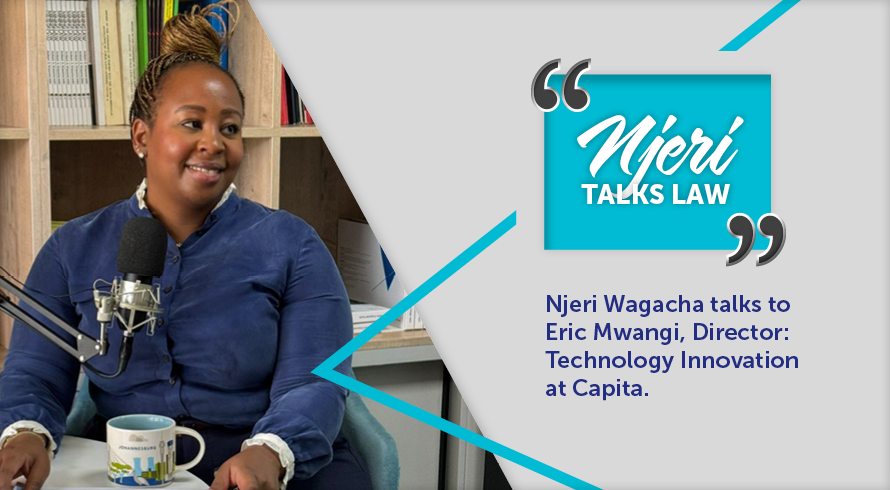Law and disorder: Sense check on litigation
At a glance
- Court stories can range from controversial, such as the McDonald's coffee case, to sensible, like the rejected petition to change one's legal age or the kidnapper's suit against his victims.
- Mootness, the concept of addressing live controversies, was recently examined by the Supreme Court of Appeal, which considered whether there was a legal issue of public importance and if the interests of justice warranted hearing a moot appeal.
- Proper consideration and a sense check are crucial before initiating legal proceedings to avoid wasting the court's resources, as courts will not entertain inappropriate or moot cases without valid reasons.
Then there are other court stories which restore our faith, such as the 2018 petition of a 69-year-old man to the courts in Holland to change his age legally because he suffered discrimination, claiming that his real age was affecting his job and dating prospects. That petition was rejected, as was the suit brought by a kidnapper against his victims for breach of contract when they escaped his capture.
Mootness is another common-sense concept which arose again recently before the Supreme Court of Appeal when a third party tried to intervene in a dispute which dispute had already been resolved between the primary litigants. The Court looked for an existing or live controversy which would permit it to exercise its discretion in hearing an appeal, even if the appeal were moot. It applied as the two determining factors, whether there remains a discrete legal issue of public importance that will affect matters in future, and whether the interests of justice require the matter to be heard. The interests of justice are the figurative floodgates that stop would-be litigants from wasting the courts’ already constrained resources.
In 2013, an attorney brought proceedings against St Charles College in Pietermaritzburg on behalf of his son claiming severe prejudice to the son’s prospects as a professional cricketer because of his removal as first team captain (Indrajith v St Charles College, Pietermaritzburg and Another (5167/2013) [2014] ZAKZPHC 3). He asked the court to reinstate his son pending an internal enquiry. When the matter was heard, the school was due to begin its fourth term which, for a matric student, is devoted to academic pursuits. The court noted that even if the order of reinstatement were granted, it would not be effective. This case was less about mootness and more an example of the interests of justice in the particular circumstances being insufficient to trigger the exercise of the courts’ discretion.
The infamous Pridwin case (AB and Another v Pridwin Preparatory School and Others 2020 (5) SA 327 (CC)) had a similar factual matrix, but a very different outcome. Two boys were expelled from Pridwin Preparatory School because of their parents’ conduct, the school relying on the “Parent Contract” which entitled Pridwin to cancel at any time and for any reason. The parents challenged the constitutionality of the Parent Contract, failing in the High Court and in the Supreme Court of Appeal, the latter holding that no constitutional rights were implicated.
By the time this matter reached the Constitutional Court, the boys had left Pridwin for a new school, and the Constitutional Court held on the facts that the matter was moot but given the importance of the legal principles in issue, the Constitutional Court would exercise its discretion to hear the matter in the interests of justice. Ultimately Pridwin was found to have breached its duty not to interfere with the students’ right to basic education without fair process and had denied the boys their right to be heard, an affront to the right to dignity in section 10 of the Constitution.
A proper sense check is a must before proceedings are instituted, particularly where there is a fine line between prudence and imprudence, knowing that a court will not entertain inappropriate or moot proceedings in the absence of a sound reason.
The information and material published on this website is provided for general purposes only and does not constitute legal advice. We make every effort to ensure that the content is updated regularly and to offer the most current and accurate information. Please consult one of our lawyers on any specific legal problem or matter. We accept no responsibility for any loss or damage, whether direct or consequential, which may arise from reliance on the information contained in these pages. Please refer to our full terms and conditions. Copyright © 2025 Cliffe Dekker Hofmeyr. All rights reserved. For permission to reproduce an article or publication, please contact us cliffedekkerhofmeyr@cdhlegal.com.
Subscribe
We support our clients’ strategic and operational needs by offering innovative, integrated and high quality thought leadership. To stay up to date on the latest legal developments that may potentially impact your business, subscribe to our alerts, seminar and webinar invitations.
Subscribe




